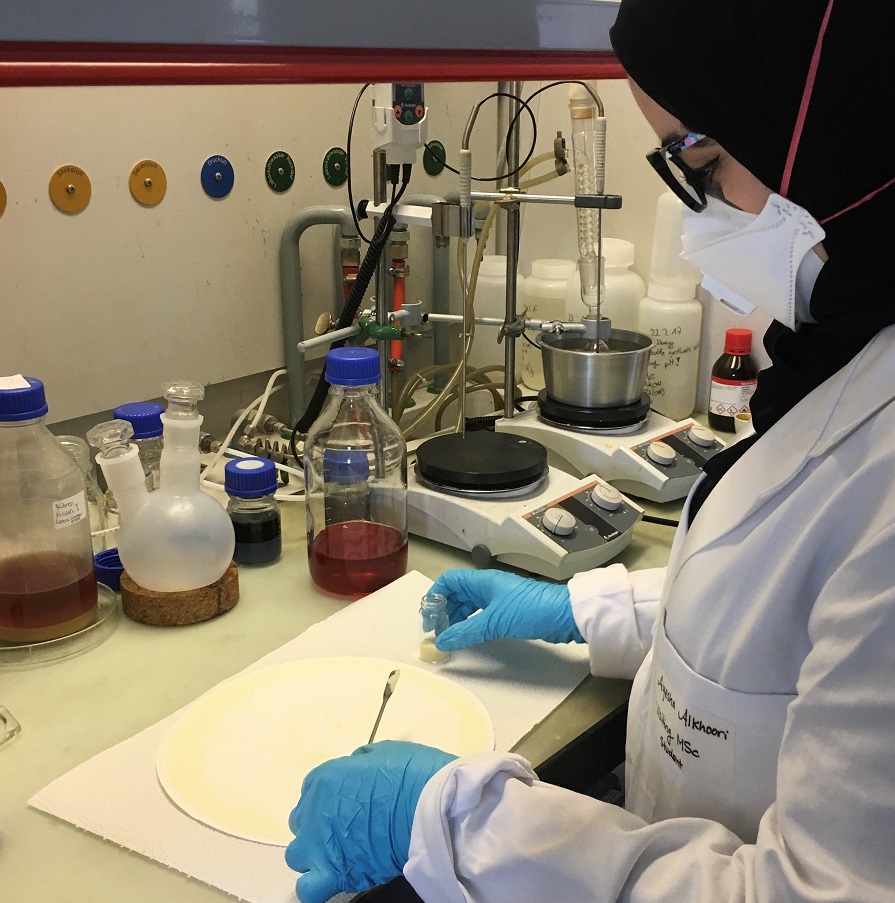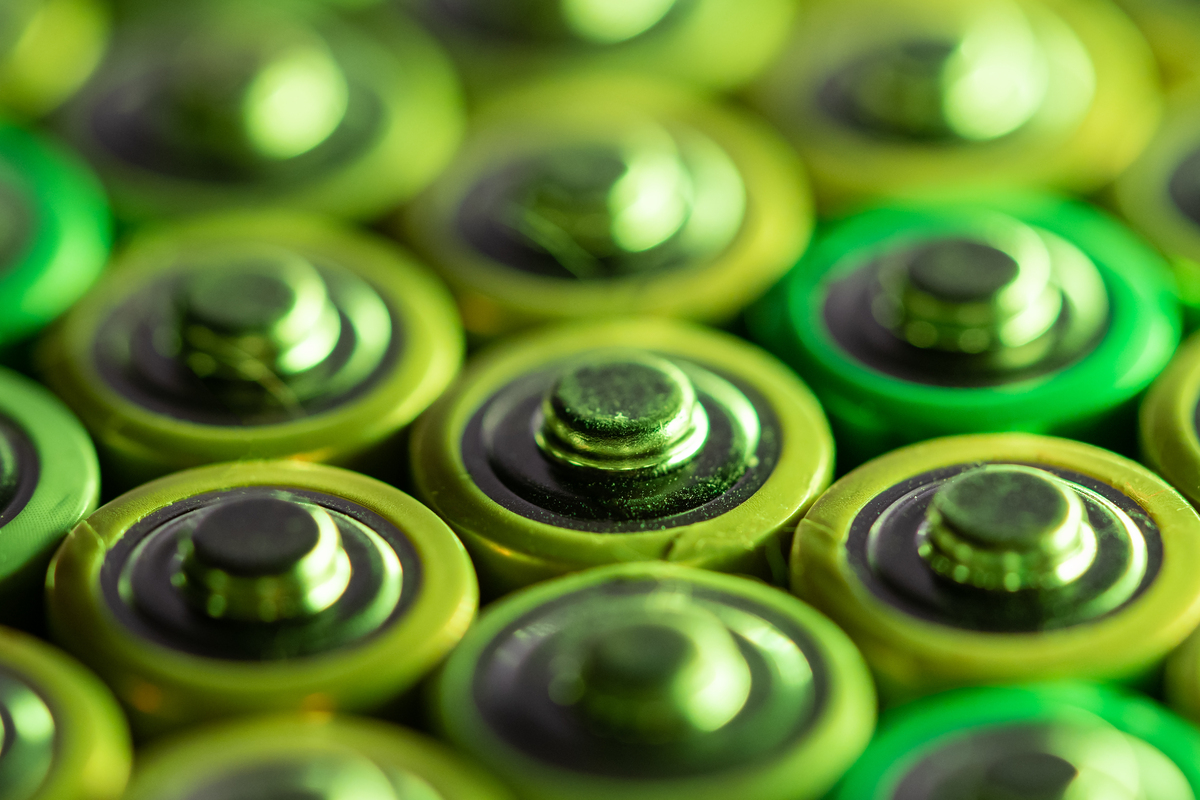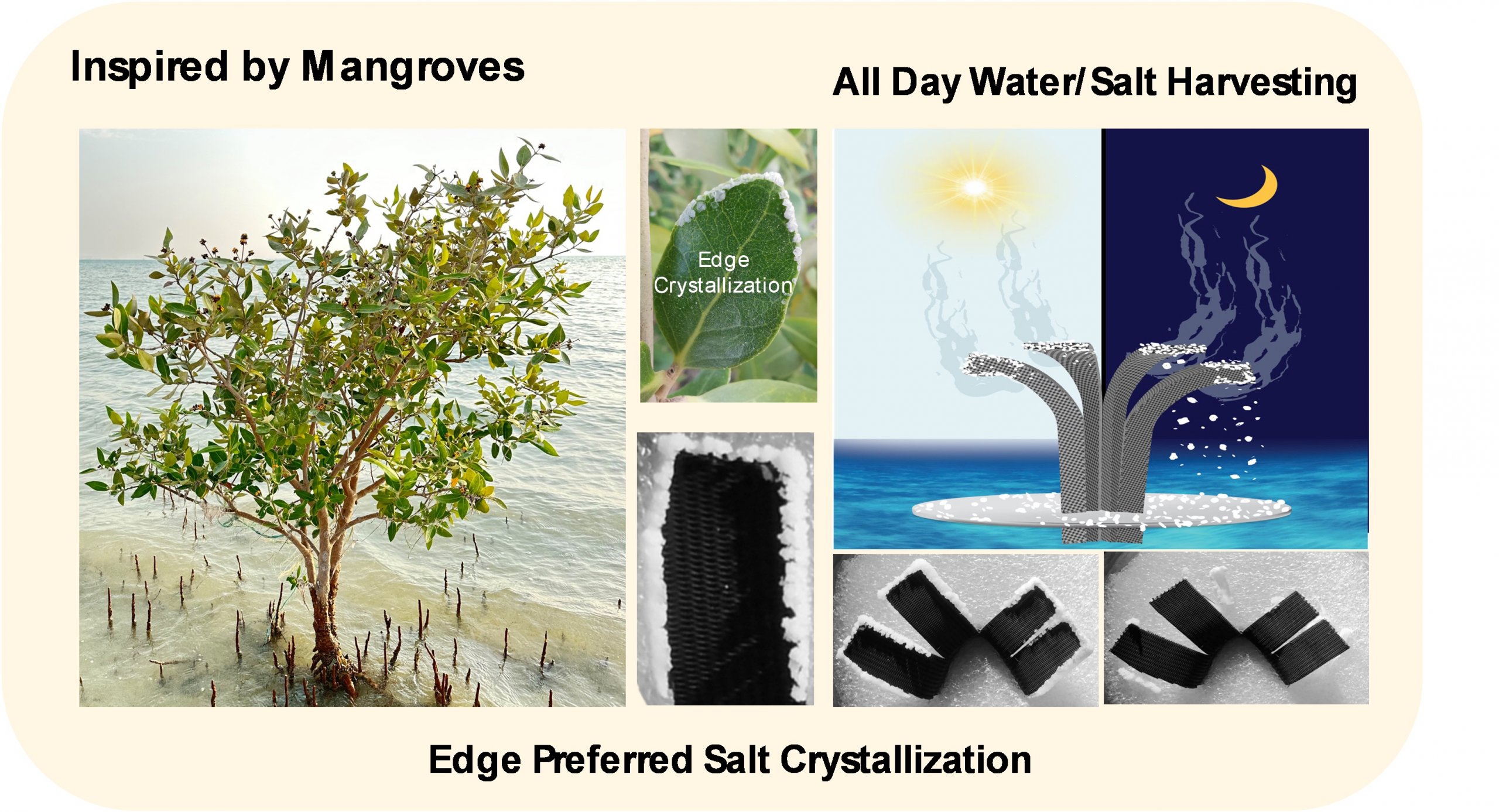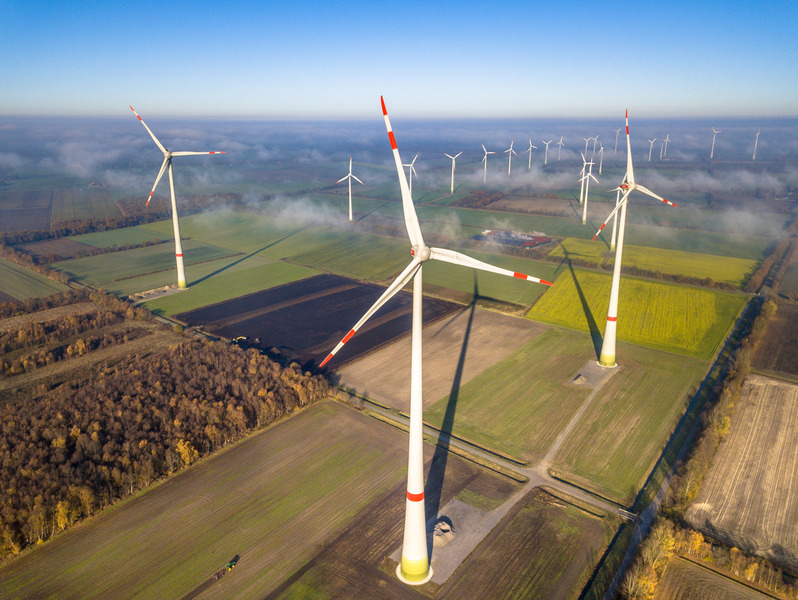
Two PhD students under the supervision of Dr. Kyriaki Polychronopoulou, Associate Professor of Mechanical Engineering and Director of the KU Center for Catalysis and Separation (CeCaS), presented papers at the Sustainable Industrial Processing Summit & Exhibition (SIPS), which took place in Cyprus in October, demonstrating KU’s strong research capabilities in the field of catalysis.
Ayesha Alkhoori presented a paper titled “H2 Production from Glycerol Steam Reforming.” Her paper describes how she has developed an improved catalyst capable of producing high yields of hydrogen by steam reforming glycerol, a by-product of biodiesel production, at a low temperature.
A recent spike in the production of biodiesel in the UAE – brought about by local efforts to reduce the country’s carbon footprint through greener fuels – has led to an increase in the production of crude glycerol. “For every one ton of biodiesel, 100 kg of crude glycerol is generated as the main byproduct,” Alkhoori explained.
While glycerol is an important feedstock for the manufacture of value-added chemicals and clean fuels, including hydrogen, most of this surplus crude glycerol gets incinerated. This is because current methods for turning glycerol into useful chemicals – which is done through a catalytic process called glycerol steam reforming – requires very high operating temperatures above 500 degrees Celsius, and high costs.
Currently, when glycerol is steam reformed using a nickel-based catalyst, carbonaceous chunks of waste called ‘coke’ build up on the surface of the catalyst, blocking the reaction sites and reducing efficiency.
To overcome this issue, Alkhoori designed a catalyst made of copper and cerium to be highly reducible, which means that it provides the key ingredient of oxygen to the reaction sites, to convert the glycerol into hydrogen gas more efficiently. The activated oxygen carries out the chemical reactions at lower temperatures and lower cost, without sacrificing the hydrogen yield.
The research began last year at CeCaS under the supervision of Dr. Kyriaki Polychronopoulou, Associate Professor of Mechanical Engineering, and involves collaborators from the University of Western Macedonia. This work was published in early 2019 in the Sustainable Energy & Fuels, journal of the Royal Society of Chemistry (UK).
A second PhD student, Aseel Hussein, presented a paper titled “Improving Metal Oxide Catalysts for Biogas Dry Reforming: Coupling of Mechanochemical Modification with Enhanced Microwave Chemistry.” Her paper, which was done in collaboration with MSc student Sara AlKhoori, describes a ‘smart’ design for a catalyst used to convert methane, a greenhouse gas, into a combination of carbon monoxide and hydrogen known as syngas, which can be used to produce ethanol, methanol, or other clean liquid fuels.
Methane is converted into syngas through a process known as “dry reforming of methane.” The process is typically carried out with noble metal elements, which are known for their high activity and stability. But noble metal elements are very costly, making the process too expensive to perform at an industrial scale.
Hussein proposes using catalysts made from much lower cost nickel and cobalt. The challenge with these type of transition-based catalysts, however, is that they are prone to coking, which blocks the reaction sites and ultimately stops the catalytic activity.
To get around this issue, Hussein designed her nickel-based catalysts with increased oxygen storage capacity. By increasing its oxygen storage capacity, the catalyst can leverage the carbon buildup for more efficient gasification, which is process needed to convert the methane into syngas.
Hussein’s research started in 2017 and is being sponsored by the Abu Dhabi Department of Educational and Knowledge (ADEK) through the Research Excellence Award (AARE) 2017. She is also being supervised by Dr. Polychronopoulou. She is collaborating with research teams from University of Western Macedonia in Greece, the University of Surrey in the UK, and University of Zaragosa in Spain.
She plans to continue testing the best catalytic system in terms of selectivity and stability to better control the coking.
Erica Solomon
Senior Editor
16 January 2020






